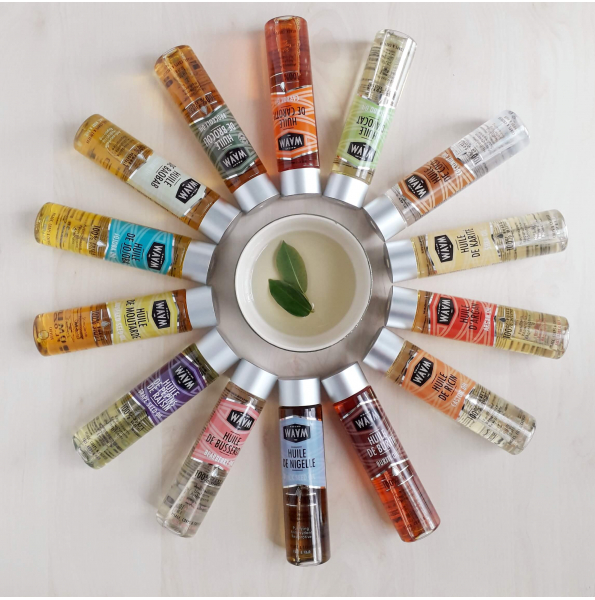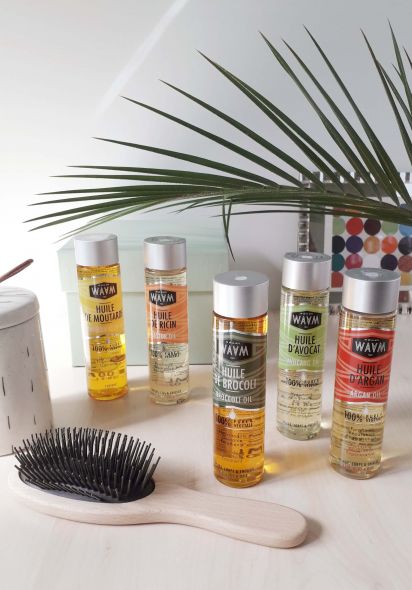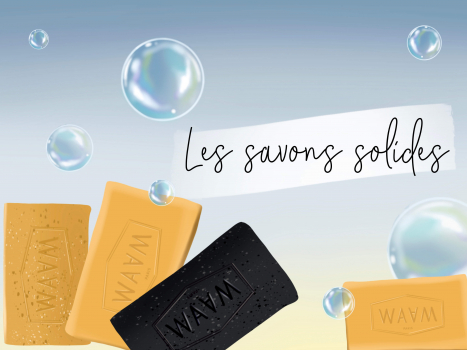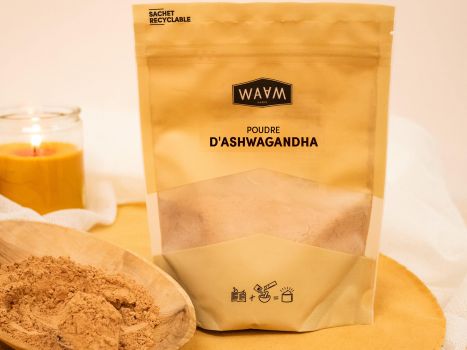How do I know if my vegetable oil is of good quality?
At first glance, choosing the right vegetable oil may seem complicated. When you're browsing the shelves of a store, or scrolling endlessly through your web page in search of the best vegetable oil, the questions start to fly through your mind, don't they?
How do you know if it's a quality oil? Is an oil of quality even if it's not certified organic? What does "cold-pressed" mean? These are all questions that can be difficult to answer, but don't worry! The WAAM team is here to help you clear up your ideas!
The best way to identify a quality vegetable oil is by its extraction method. There are 2 main methods of extraction, but only one really preserves all the properties and benefits of the vegetable oil. We'll let you guess which!
Here are the 2 possible methods for extracting a vegetable oil:
- Extraction by mechanical cold pressing: Approved by organic certification bodies, this is the best extraction method. The oil is cold-pressed to preserve all its properties.
- Industrial extraction (solvent extraction): This method is less respectful of the raw material. It allows higher yields, as more oil can be extracted than using the pressure extraction method. However, this process unfortunately alters the oil's properties and benefits.
As you've probably guessed, it's much better to buy vegetable oil extracted by cold pressing. Generally a little more expensive, the quality is much better. What's more, the properties are preserved, making it easier to observe the effects of the vegetable oil applied to the skin and/or hair.


.jpg)
.jpg)








